
Getting on the property ladder can seem like a distant goal for first-time buyers following historic surges in house prices.
Mortgage rates have shot up since a few years ago, too, meaning it’s harder to make the dream of owning one’s own home a reality.
According to TV presenter and financial literacy campaigner Adam Beales, known as Adam B, being able to save up a mortgage deposit is a major barrier to getting on the property ladder.
In an exclusive chat with GB News, he said: “I think the most obvious challenge that young people face when it comes to getting on the property ladder is house prices and the deposit that’s needed to actually get a mortgage.”
The 24-year-old says he’s heard a lot of people say, ‘I can’t afford a mortgage because I just can’t afford the deposit.’
He added: “I feel like that’s the biggest barrier to entry because a lot of people that I speak to pay rent. They can afford monthly payments but it’s the deposit that creates such a huge pay wall from getting a mortgage.
“Rising living costs are making young people realise it’s even harder to get a mortgage and to get onto the property ladder themselves without extra help.
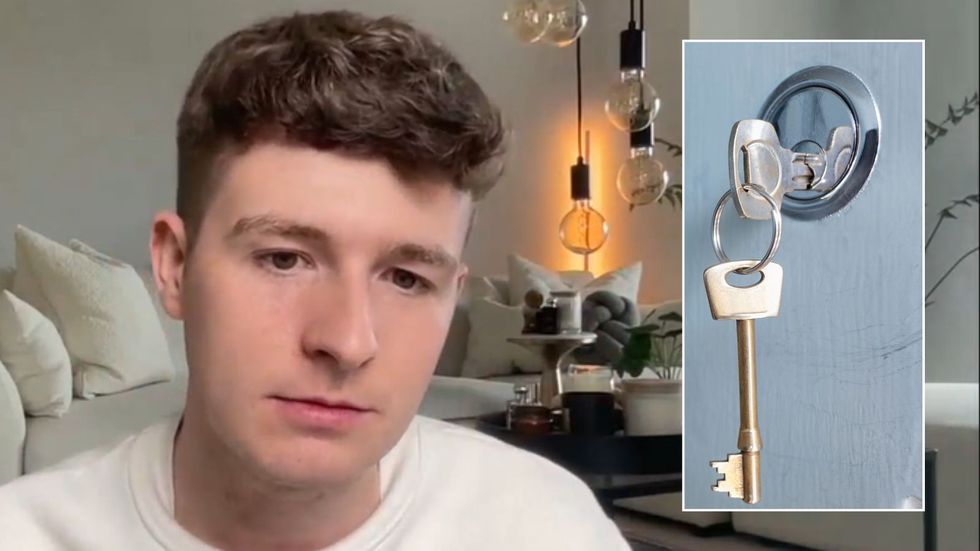
House prices and a mortgage deposit are big barriers for first-time buyers, Adam B said
GB NEWS | GETTY
“I think it’s all down to one singular thing – the lack of housing supply.”
Even with the help of the Bank of Mum and Dad – which not everyone has the luxury of relying on – the average first-time buyer in London is still required to save as much as £36,000 to purchase their first property, research by estate agents Yopa has found.
Across Britain, the average first-time buyer home currently costs £237,655, meaning buyers need to put down £35,648 for a 15 per cent deposit.
Analysts found the average family contribution towards a purchase is £25,600, leaving buyers across the UK needing to stump up £10,048 to cover the full deposit.
Adam is calling for more financial education for young children and thinks housing-focused financial literacy would greatly benefit the next generation.
Thanks to campaigning by Martin Lewis, and a textbook the Money Saving Expert founder funded, financial education is now taught in secondary schools. However, teaching financial literacy is still not in primary school curriculums.
Adam is campaigning for financial literacy to be added to the primary school curriculum, and said: “By teaching young children about property or money, or budgeting and saving, you’re instilling all of those values that you would hope to have when you have reached the adult age of being able to afford a property or rent.
“Financial education is such a big thing.”
Adam remembers learning about algebra and historical events during his time at school but says he wasn’t taught about debt and investing.
He said: “You learn about all these different things, and the thing that you need most in your adult life when you leave school, is just how to live, how to budget, how to save, how to buy stuff, how to invest, how to how to make your money work for you instead of you working for money.”
So, what does he think parents and grandparents can do to help people get on the property ladder?
Conscious not everyone can withdraw money from the “Bank of Mum and Dad”, he emphasised the importance of leading by example and talking about saving with the child from a young age.
LATEST DEVELOPMENTS:
He suggested giving the youngster some pocket money could help teach good savings habits.
“You’re almost challenging the child to think by themselves about what they would do with their money. Starting out at a young age is so, so important,” Adam said.
The broadcaster went on to highlight how parents and grandparents could consider setting up a tax-free savings account while the child grows up.
A Junior ISA is a savings account and any interest earned from the account is tax-free.
The child can take control of the account when they turn 16 but can’t access the funds until their 18th birthday.
In the 2024/25 tax year, the amount that can be deposited into the account is £9,000.
“A Junior ISA isn’t something that you need to pour thousands of pounds into,” Adam said.
“You can open it up and put in whatever you want, whatever the parent or grandparent wants.”
24World Media does not take any responsibility of the information you see on this page. The content this page contains is from independent third-party content provider. If you have any concerns regarding the content, please free to write us here: contact@24worldmedia.com
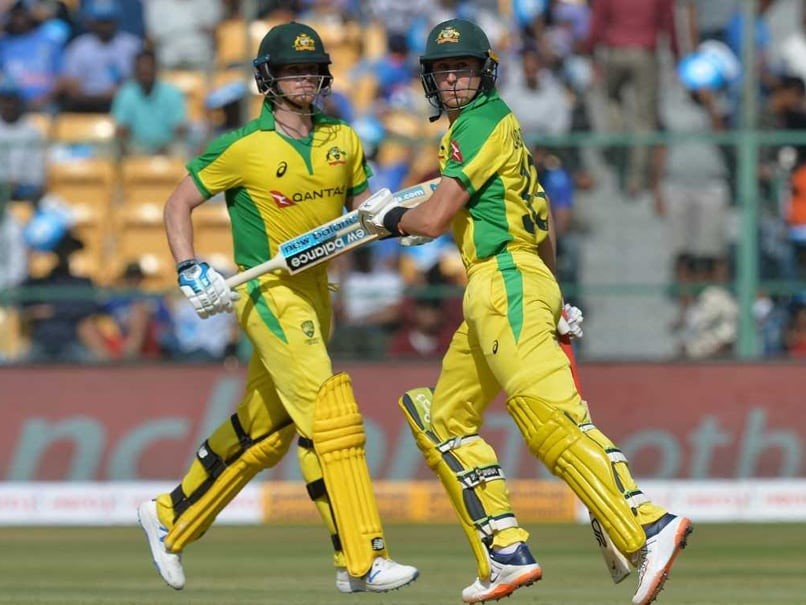
Marnus Labuschagne Caught Off-Guard By ODI Captain Call After Steve Smith Snub
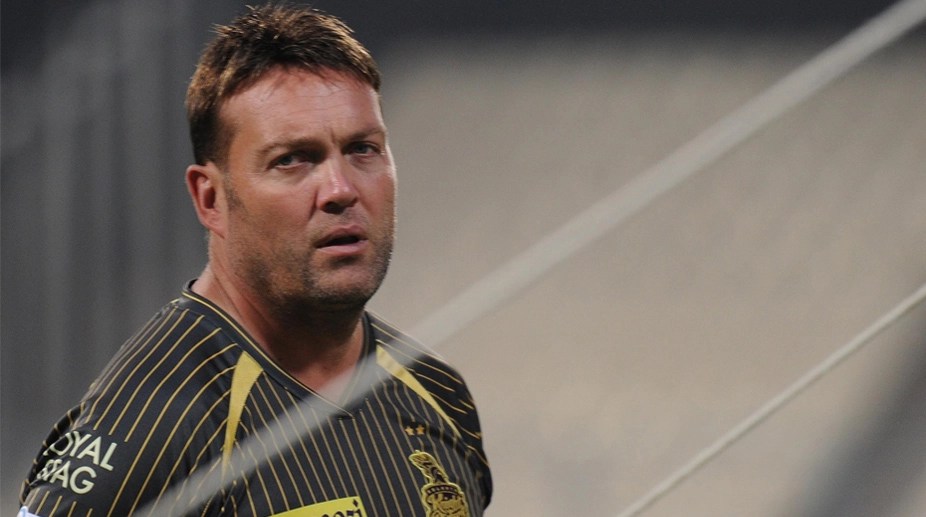
Everyone Is Looking Forward To It, The Standard Will Be Very High – Jacques Kallis On CSA’s SA20
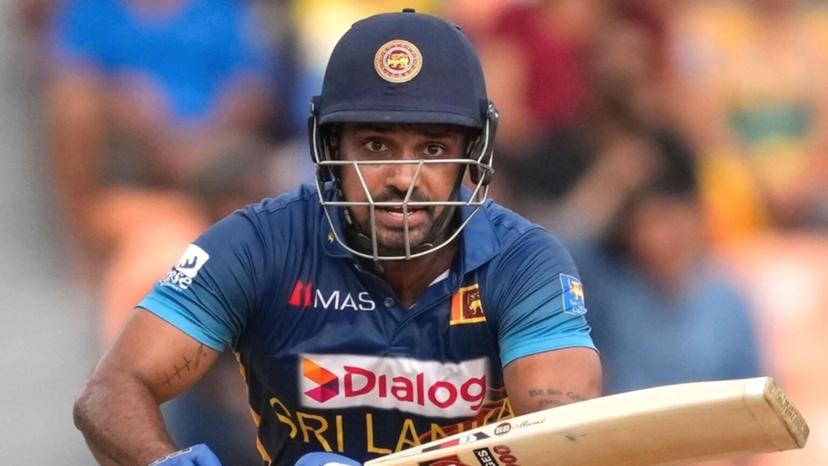
Danushka Gunathilaka Granted Bail On Sexual Assault Charges
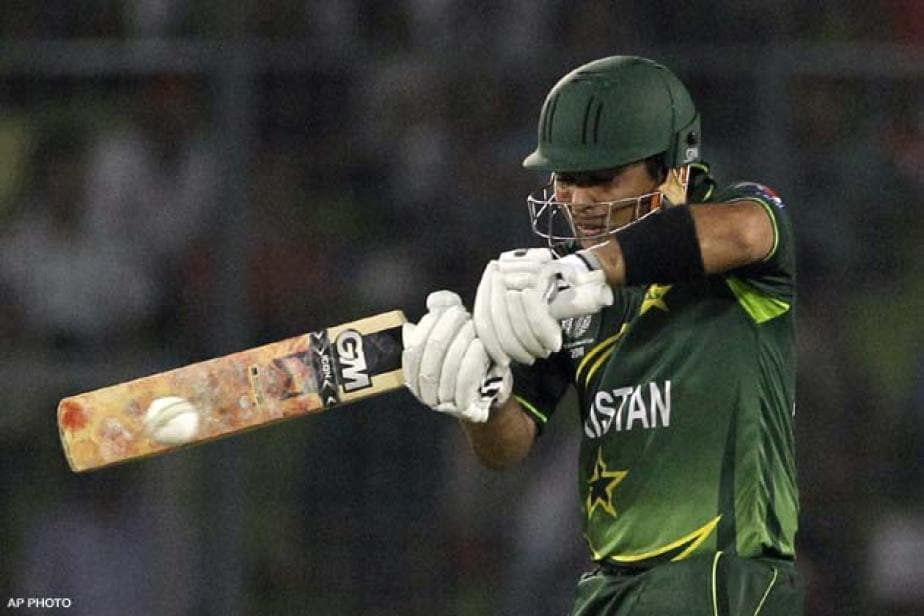
Ramiz Raja Sends Legal Notice To Kamran Akmal For Defamatory, False Claims Against The Board
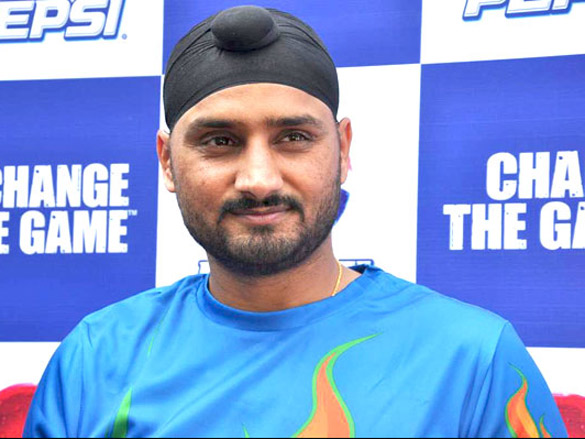
Harbhajan Singh Reckons Mumbai Indians Should Release Kieron Pollard Ahead Of The IPL Auction 2023
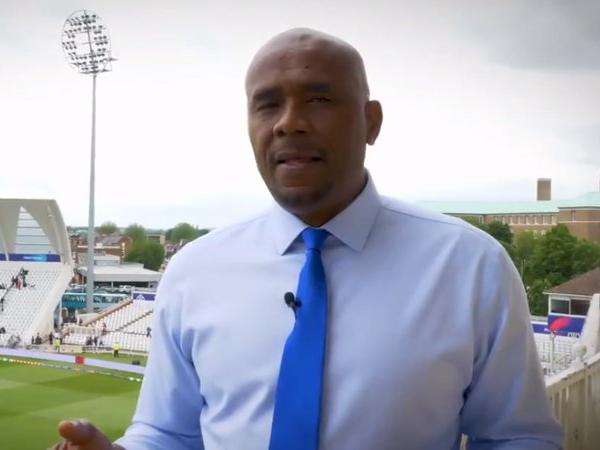
Ian Bishop Praises Sam Curran For His Performances On Bouncy Australian Tracks

Why Choose A Career In Child Psychology?